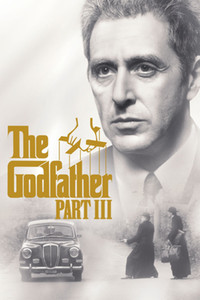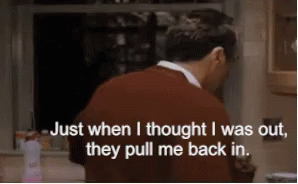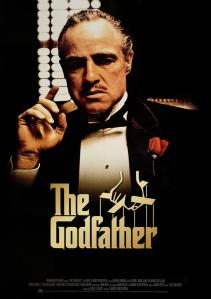 The Godfather Part III (1990) did significantly better according to both domestic and worldwide box office data ($66,520,529) in comparison to the previously released The Godfather Part II (1974). While Paramount Pictures did not have to try and sell the film to the fanatic movie-goers, the reviews for the film remain dissonant to this day. The author of the 1990 NY Times article is mesmerized by the film; in fact, she claims it was completed by “fascinating threads of continuity”. Members of other websites like Reddit and Rotten Tomatoes would agree The Godfather Part III is the worst one of it all. I’d summarize my experience like this: Another great film packed with death, guilt, and a little more romance this time; however, it is still not as good as the first two productions. I’ll examine the bigger themes and talk about a few logistical mistakes in this article.
The Godfather Part III (1990) did significantly better according to both domestic and worldwide box office data ($66,520,529) in comparison to the previously released The Godfather Part II (1974). While Paramount Pictures did not have to try and sell the film to the fanatic movie-goers, the reviews for the film remain dissonant to this day. The author of the 1990 NY Times article is mesmerized by the film; in fact, she claims it was completed by “fascinating threads of continuity”. Members of other websites like Reddit and Rotten Tomatoes would agree The Godfather Part III is the worst one of it all. I’d summarize my experience like this: Another great film packed with death, guilt, and a little more romance this time; however, it is still not as good as the first two productions. I’ll examine the bigger themes and talk about a few logistical mistakes in this article.
Read first,
[Review] The Godfather (1972): An Immigrant Story of Succession
[Review] The Godfather Part II (1974): The Role of Women and Children

Between the Lines (Part II and III): The Off-Screen Transformation of Michael Corleone
The Godfather Part II begins roughly in 1958-1960, and about 20 years pass until the audience sees the Corleone family again in the third film, which begins in 1980. I’ve seen many reviews that felt the characters remained the same during the part of their lives that were unseen, or off-screen. To me, it is the opposite. Connie showed her cunning side a little more, and Kay seemed to have returned back to her free American roots, just as she was before her marriage to Michael. I already talked a bit about the contrast between the two women here; To add, this contrast was a little more exaggerated within the part III film. Continue reading

